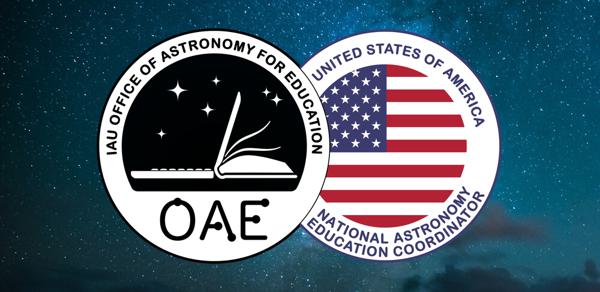Glossary term: Périhélie
Description: La plupart des objets du système solaire ont des orbites elliptiques dont le Soleil est l'un des foyers. Le périhélie est le point de l'orbite où le corps en orbite est le plus proche du Soleil. Mathématiquement, ce point marque l'une des extrémités du grand axe de l'ellipse. Dans ce mot, "péri" désigne le point le plus proche et "hélie" dérivant du nom grec 'Hélios' désigne le Soleil. Par conséquent, ce mot ne peut être utilisé que lorsque le corps central est le Soleil. Lorsque le corps central est une étoile qui n'est pas le Soleil, on parle de "périastre" ; lorsque le corps central en orbite est la Terre, on parle de "périgée". Le terme général, quel que soit le corps central, est "périapside".
Related Terms:
See this term in other languages
Term and definition status: The original definition of this term in English have been approved by a research astronomer and a teacher The translation of this term and its definition is still awaiting approval
The OAE Multilingual Glossary is a project of the IAU Office of Astronomy for Education (OAE) in collaboration with the IAU Office of Astronomy Outreach (OAO). The terms and definitions were chosen, written and reviewed by a collective effort from the OAE, the OAE Centers and Nodes, the OAE National Astronomy Education Coordinators (NAECs) and other volunteers. You can find a full list of credits here. All glossary terms and their definitions are released under a Creative Commons CC BY-4.0 license and should be credited to "IAU OAE".
If you notice a factual or translation error in this glossary term or definition then please get in touch.








